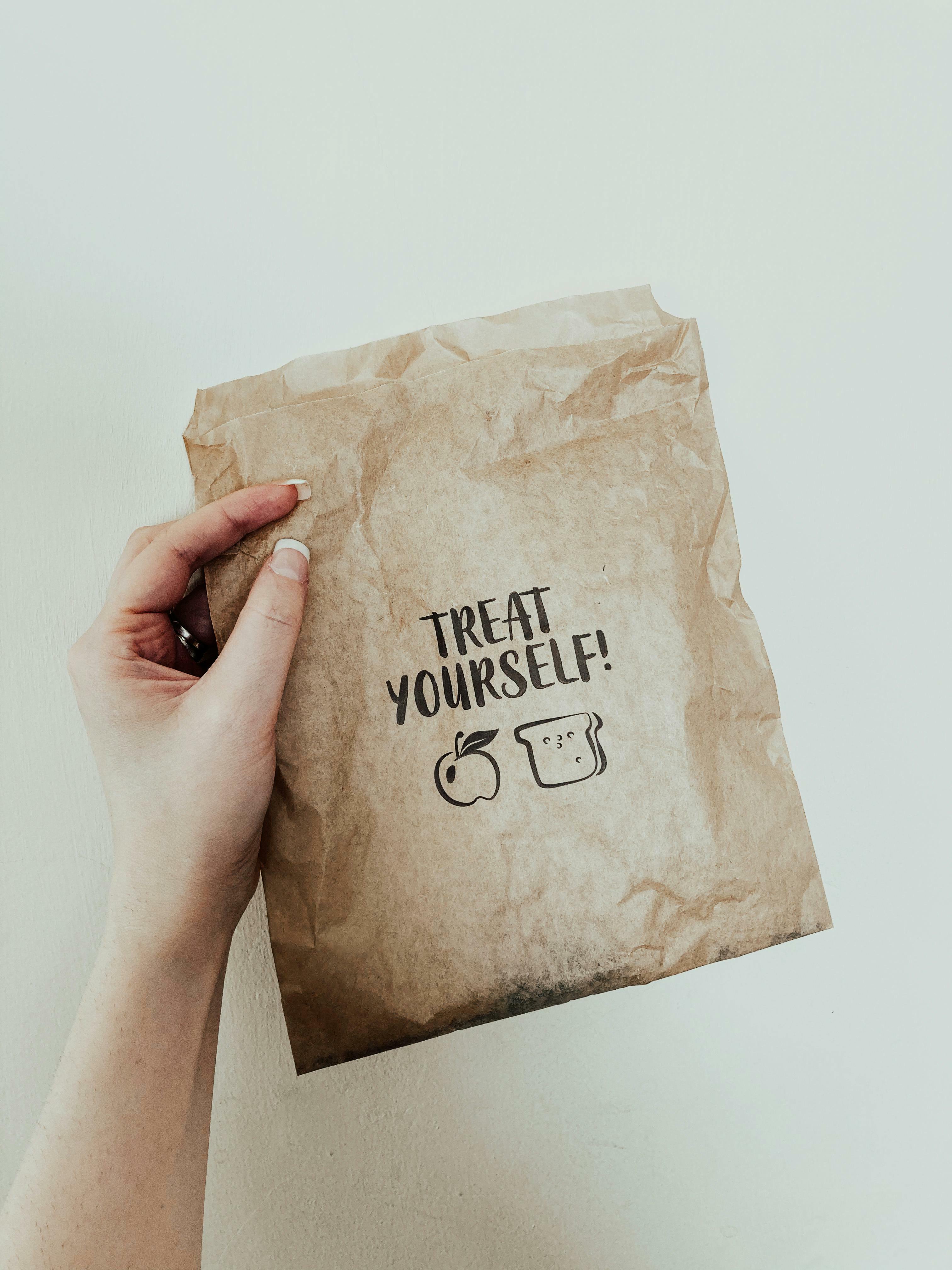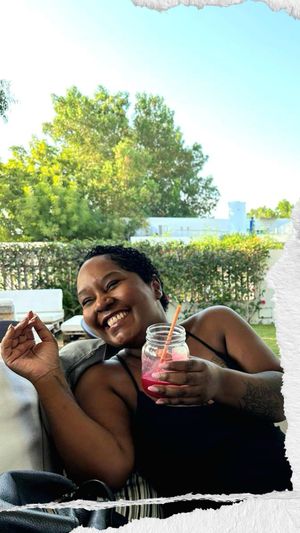
Image by Lisa Fotios
Finding Well-Being Within Your Natural Budget
In a world saturated with images of wealth, status, and luxury, it’s easy to believe that well-being is something you can buy. High-end organic brands, luxury products, and exclusive experiences are marketed as the only path to feeling good, to being divine, and to living a life of worth. But what if I told you that this narrative is flawed? What if true well-being isn't tied to how much you spend but to how aligned your choices are with your authentic self?
In this post, we’ll unravel the psychology behind luxury marketing and explore how you can make more informed and mindful choices, particularly when it comes to something as everyday as grocery shopping. We'll redefine what it means to feel good about your purchases and embrace the concept of a "natural budget"—a budget that reflects your material reality and aligns with your values.
1. Understanding the Narrative: What Have We Been Told About Luxury and Well-Being?
We've been conditioned to believe that luxury equals health, status, and even divine favor. Brands like Whole Foods and other high-end organic markets capitalize on this narrative, positioning their products as not just better for your body but also better for your soul. The idea is that by buying these products, you’re participating in a lifestyle that elevates you, that makes you worthy.
But is this true? Does spending more on groceries really make you healthier or more divine? The answer is often no. Many studies have shown that organic produce doesn't always provide more nutrients than conventional alternatives, and yet, the marketing makes us believe that only the most expensive products can offer us what we need.
This narrative taps into a primal desire to feel special, chosen, and connected to something greater. But it also creates a dangerous illusion—that well-being and divinity are only accessible through wealth.
2. Defining a "Natural Budget": What Is a Natural Budget?
A "natural budget" is one that aligns with your material experience, not dictated by external standards of wealth or luxury. It's a budget that allows you to meet your needs and feel good about your choices without compromising your financial security or well-being. It's about finding balance and peace with where you are, rather than chasing an ideal that doesn't truly serve you.
Embracing a natural budget means understanding that luxury is not the only path to feeling good. It’s about making choices that resonate with your values and support your life as it is, rather than how society tells you it should be.
3. Practical Steps to Feel Good About Shopping on a Budget: Mindful Shopping Habits
Shopping on a budget doesn't mean sacrificing quality or well-being. Instead, it’s about approaching shopping as an intentional and mindful activity. Plan your meals, be aware of what truly nourishes you—both physically and emotionally—and choose products that align with your values, not just what’s marketed as luxurious.
Stores like Lidl and Aldi offer quality products at affordable prices. By shopping there, you can feel empowered knowing that you're making choices that are good for your budget and your health. It’s about finding satisfaction in the balance of affordability and quality, rather than feeling like you need to spend more to be worthy.
Reframing the Shopping Experience
You can create a sense of luxury and well-being regardless of where you shop. It’s not about the price tag; it’s about the experience. Set a pleasant atmosphere at home for your meals, find joy in preparing your food, and choose items that spark joy within your means. Luxury is a feeling you create, not something you buy.
4. Emotions Aren’t for Sale: How Do We Unravel the Attachment to Wealth meaning Divinity?
We’ve been told that emotions and well-being can be bought—that luxury products are the key to happiness. But this isn’t true. Well-being comes from within, cultivated through self-awareness, gratitude, and meaningful connections. These things are not for sale, no matter how much marketing tries to convince us otherwise.
By questioning whether the products we buy are truly enhancing our lives or simply feeding into a narrative of luxury, we can begin to make choices that are more aligned with our authentic selves. Well-being is about how you live and engage with the world, not about how much you spend.
5. Finding the Question and the Answer: How Can We Feel Good About Our Choices?
Ultimately, the question is, "How do I feel good about the choices I make?" This isn’t about buying into luxury narratives but about finding satisfaction and fulfillment in aligning your purchases with your values.
Ask yourself: Are my choices supporting my well-being, or am I chasing an external validation that doesn’t truly serve me? The answer lies in making mindful decisions that reflect who you are and what you need—not what society tells you you should want.
Reclaiming Well-Being on Your Terms
Well-being and divinity are not reserved for the wealthy. By embracing a natural budget, questioning luxury narratives, and finding joy in mindful, intentional choices, you can reclaim your sense of well-being without needing to conform to societal pressures. Luxury is not the only way to feel good—you have the power to create that feeling within your budget and on your own terms.
Remember, emotions aren’t for sale. Your worth, your divinity, and your well-being are inherent in you, not in what you buy.
Please don’t misunderstand my intention in sharing and bringing awareness to this energy. It’s not about criticising luxury or telling anyone how they should live, but more about us becoming aware of what we think makes us feel good. From my own experience, I’ve found that what I thought would make me feel good often made me believe I needed those things to be okay.
Over time, I’ve accumulated things I didn’t necessarily need, and sometimes they made me feel in their absence, like there’s something wrong with my life when, in truth, that’s simply not the case. What I’m saying here is that we all have a natural budget and a natural way to engage with the material world—our way. Everything we need is available to us, naturally. So why not become aware of the barriers that stand between us and true emotional fulfillment?
Because that fulfillment is just as valuable as material wealth, but we can only recognise it when we define prosperity on our own terms.
Love Yourself
J 🦉x
